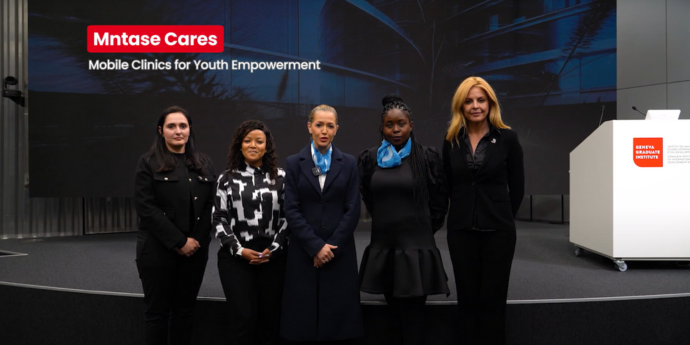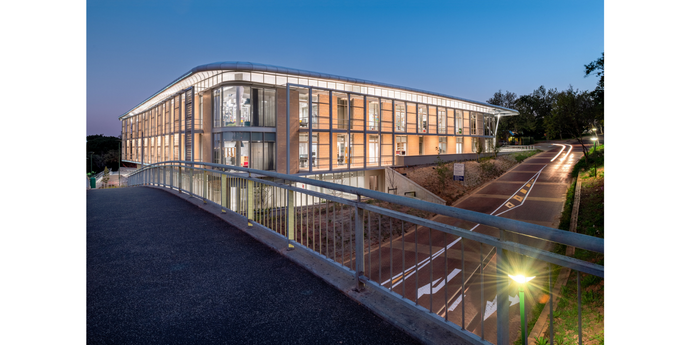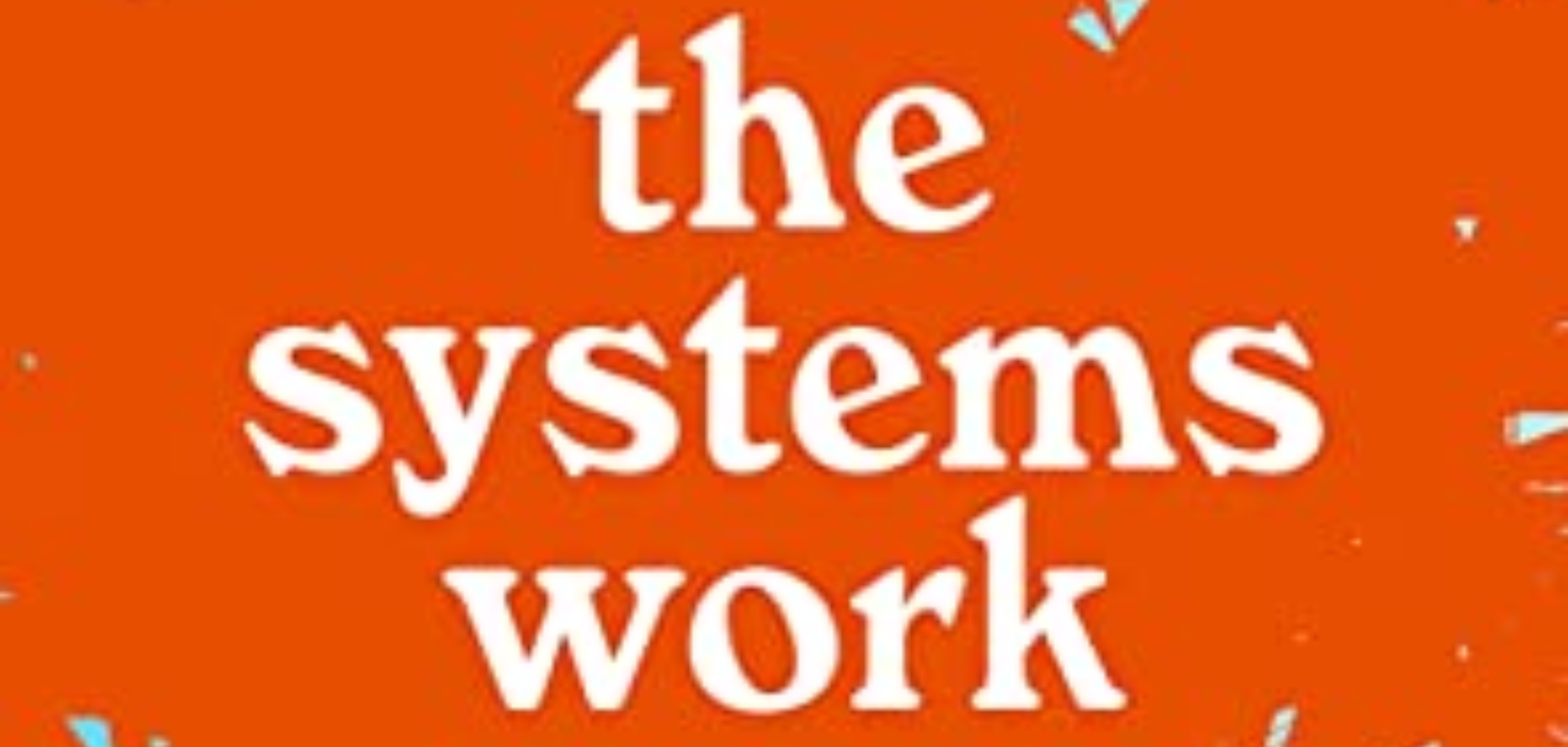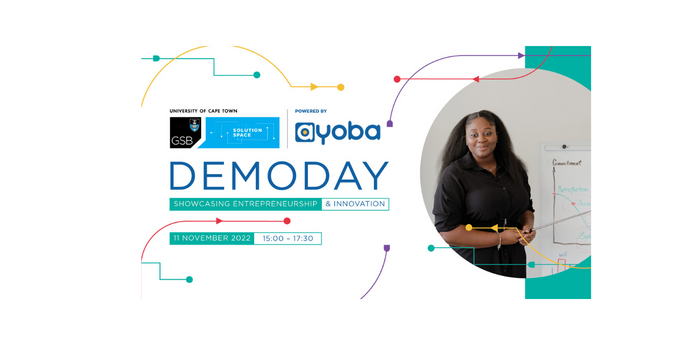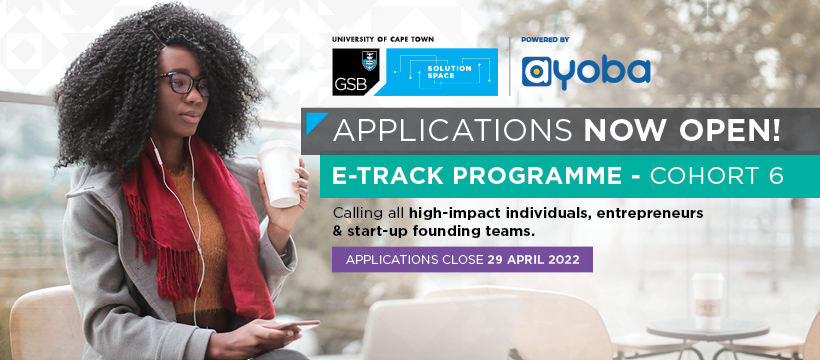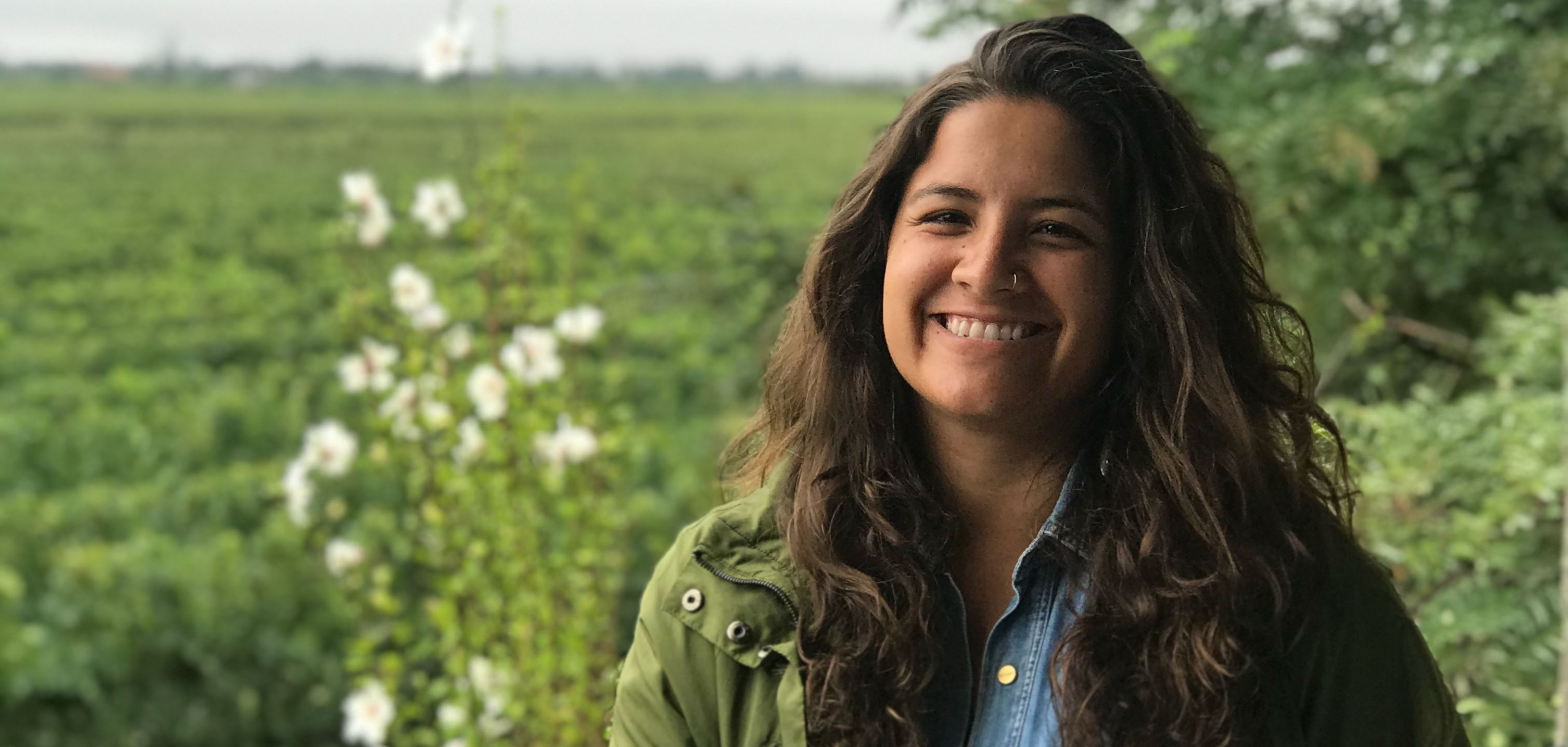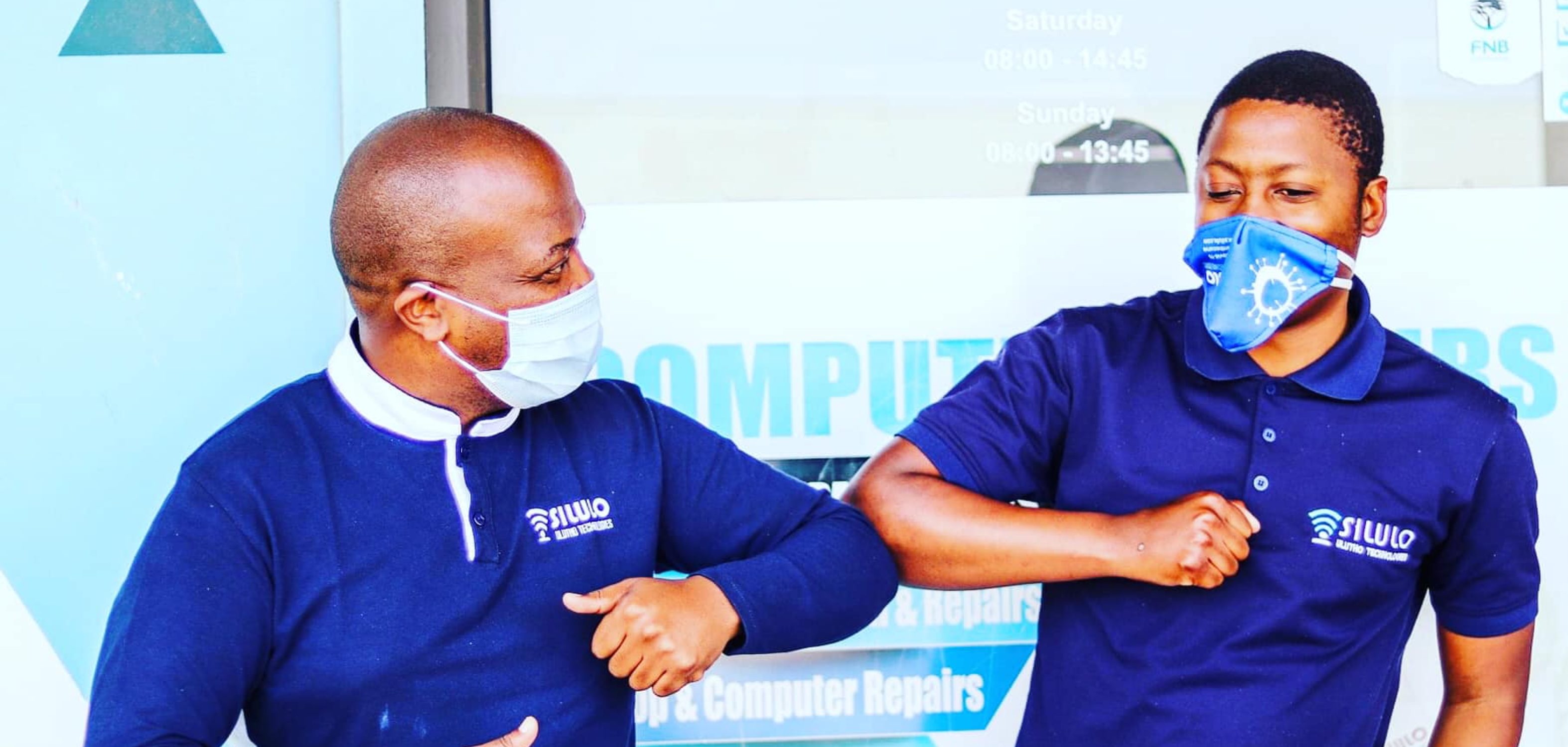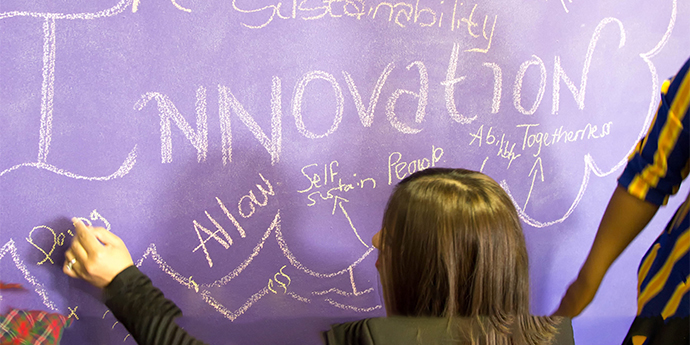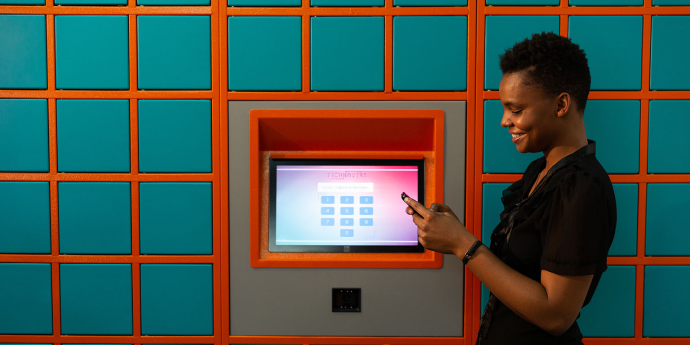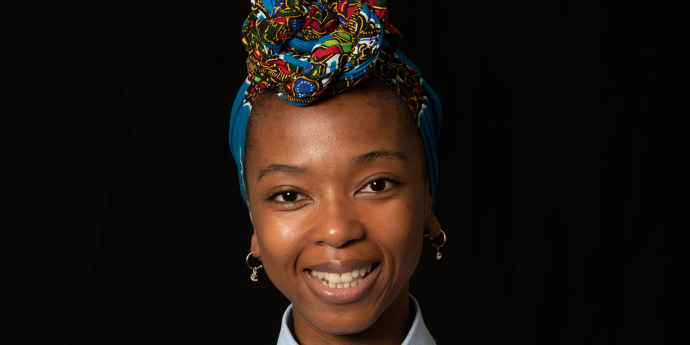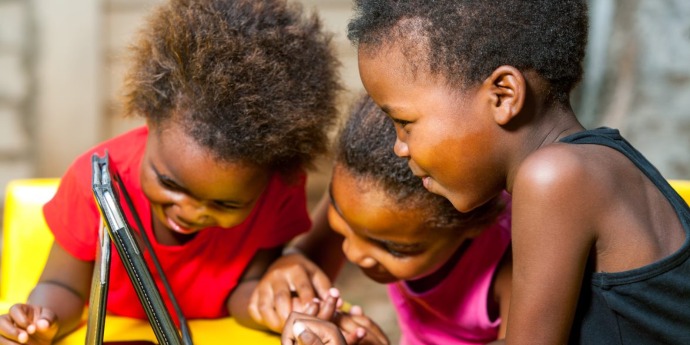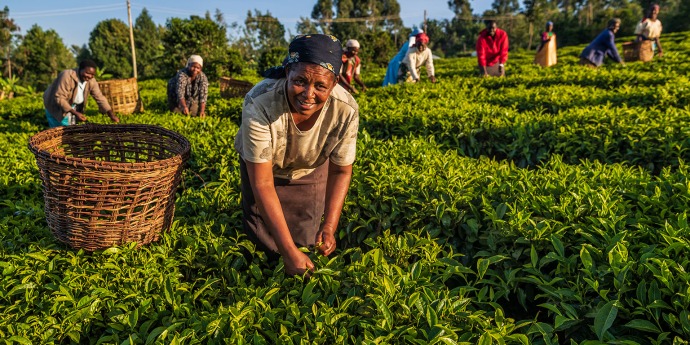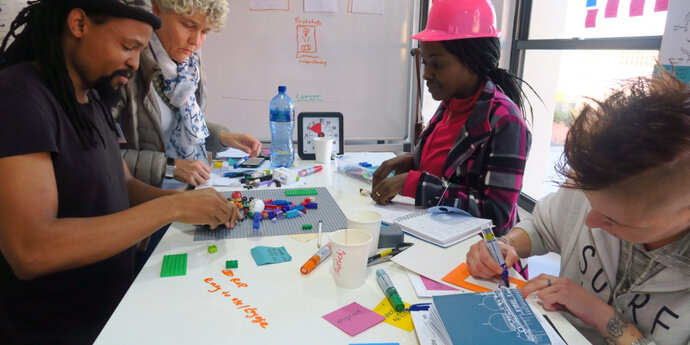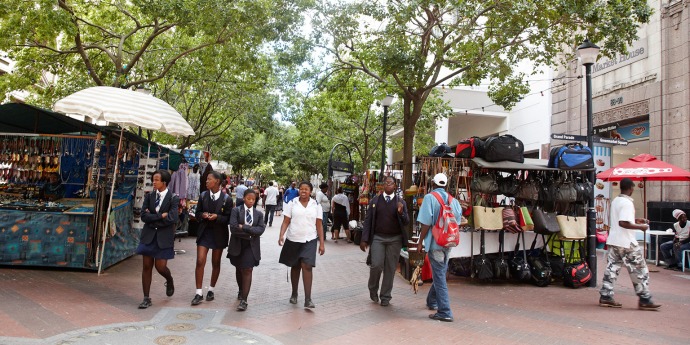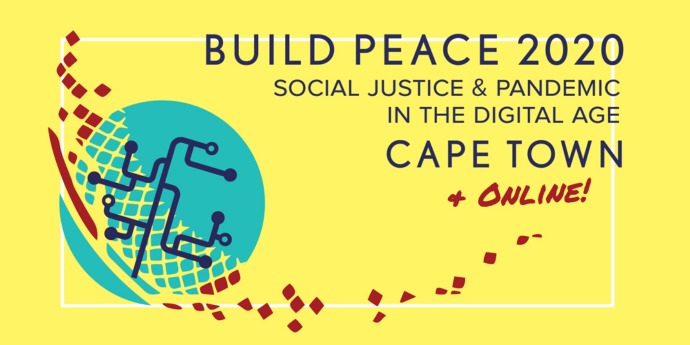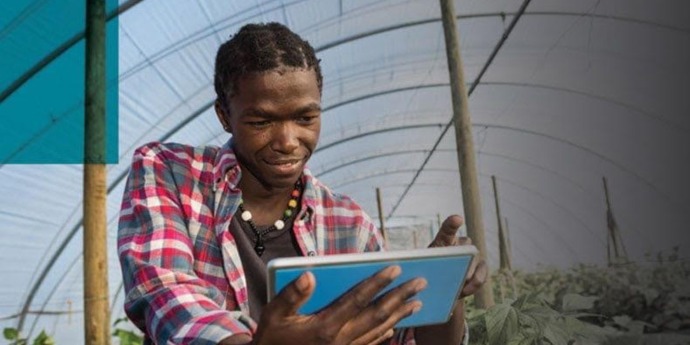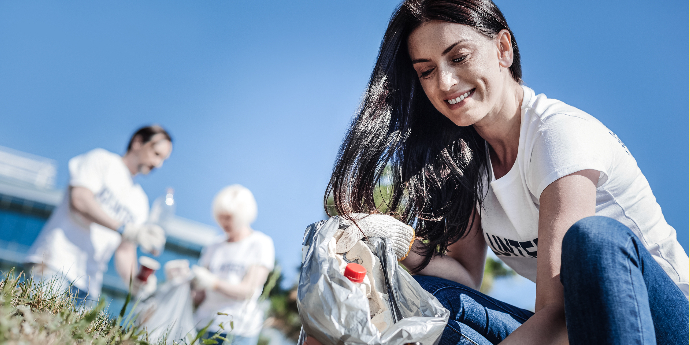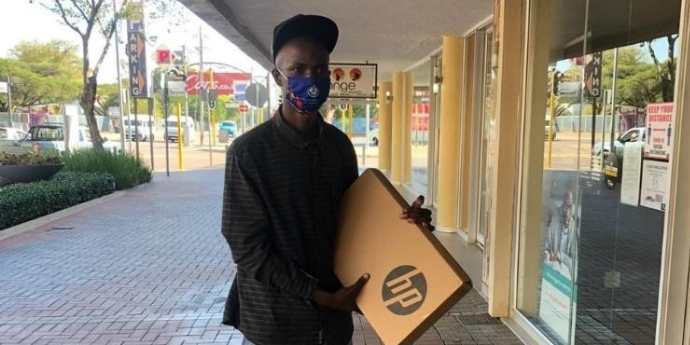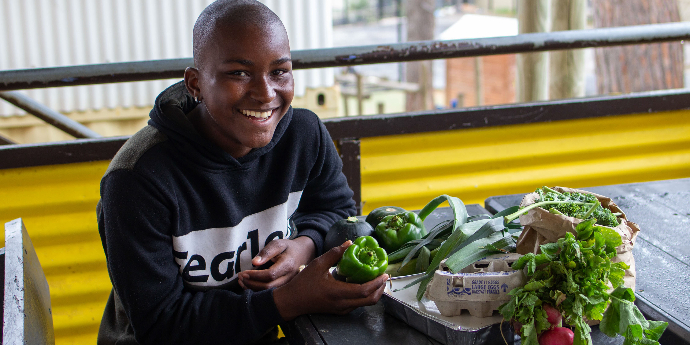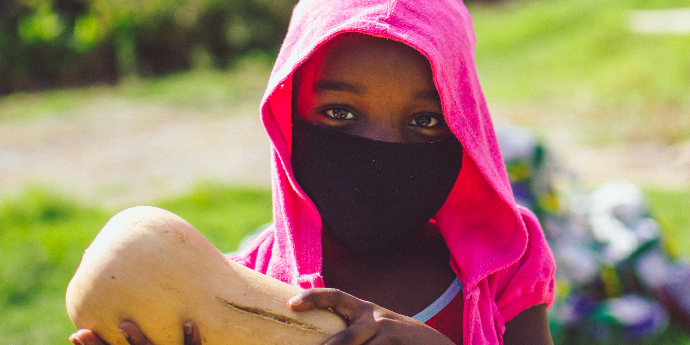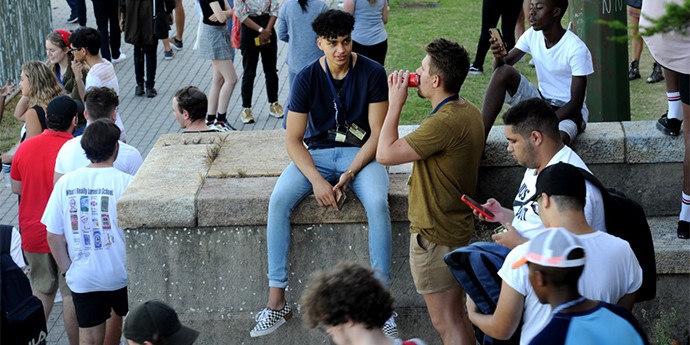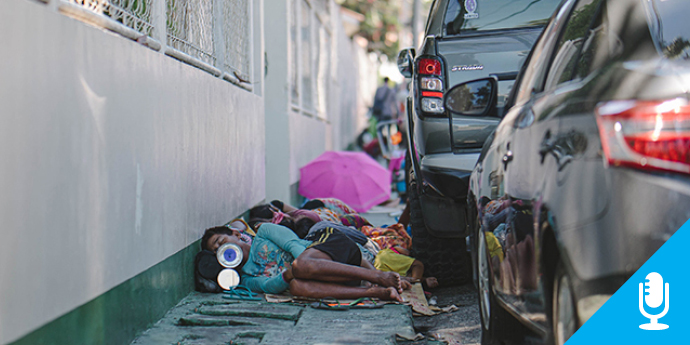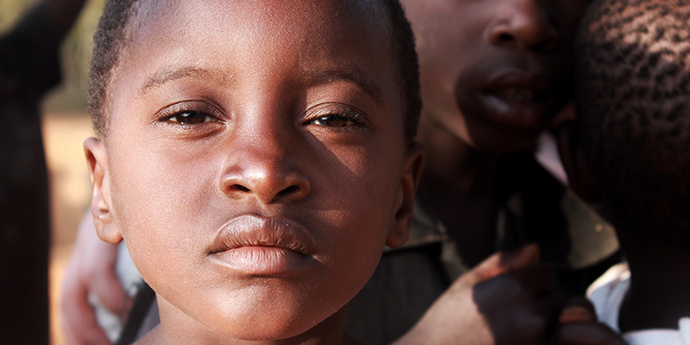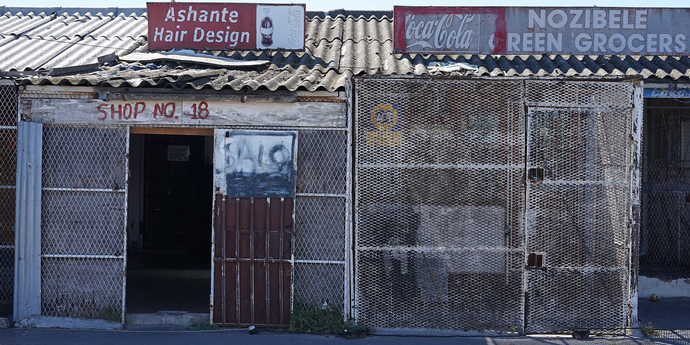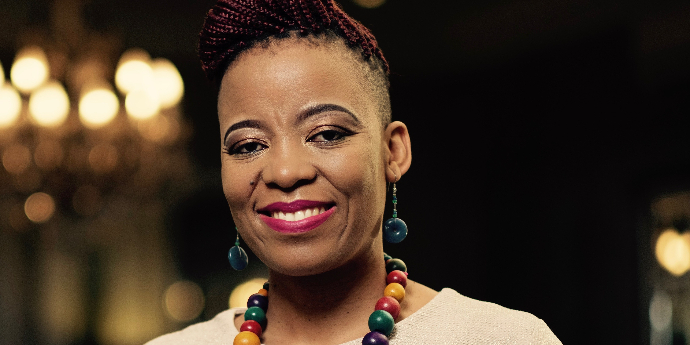Many hope that the new year will bring new energy and stability to the education sector, but as the country finds itself still very much in the grip of COVID-19, there is much work that needs to be done to ensure that schools deal with the baggage of 2020.
The considerable uncertainty that characterised education in South Africa last year continues with the recent announcement that the intended opening of schools has been delayed by two weeks, and questions around how they will operate once open and what form learning will take. At the same time, emerging research paints an alarming picture of how COVID-19 and the various stages of lockdown have impacted South African children in 2020. The National Income Dynamics Study Coronavirus Rapid Mobile Survey (NIDS-CRAM), published in September 2020, provides a devastating insight: up to 40% of school days were lost for most grades.
This significant disruption has resulted in a knock-on effect in five areas that require our urgent attention. Not acknowledging this baggage from 2020 and how we plan to address it, will leave us prioritising getting back to “business as usual” at the cost of making sure the foundations for a better year are in place.
1. Check the foundation
Given the widespread loss of teaching days across the grades, there will be significant gaps in curriculum coverage. It would be unwise to build on the knowledge of the previous grade that simply isn’t there. In response to the loss of school days last year, the Department of Education has planned additional educational curriculum bootcamps for learners in 2021. But many educators are concerned that these efforts are insufficient, especially for younger learners who missed out on crucial foundation-phase education components, like literacy and numeracy, and that scaffolded learning — Âwhere one layer needs to be in place to support additional levels of learning — will not take place.
With the announcement of further school closures and the need for more online and blended learning models to be incorporated into traditional learning methods, support is needed for teachers and schools for this sustained approach. Extra training and upskilling of teachers also becomes vital to ensure that crucial building blocks that are missing are identified and existing learning gaps addressed. This is likely to take on the form of a long-term strategy to recover content and bridge compounded gaps.
2. Address the increased inequality in education
Learning at home during lockdown continued only in an estimated 6% of homes — the most privileged of households. At most, 5 to 10% of learners have access to a computer at home based on data from the Trends in International Mathematics and Science Study (TIMSS 2015) amongst other sources. An estimated three million people lost their jobs in the first three months of lockdown, leaving many parents and caregivers overwhelmed with financial burdens and the inability to pay for caregivers, centres and schools where children also received social protection and nutritious meals (up to 80% of children in South Africa benefit from the national feeding programme). Furthermore, the NGO sector, which plays a vital role in supporting schooling in low-income communities, was hit with significant financial, human resource and technology challenges during 2020 hampering their ability to maintain the services they offer in addressing the dire inequality in schools.
Inclusive distribution of technology hardware, training and connectivity is required and above all a radical reduction in data costs for education purposes. In support of the NGO sector, access to information, training and greater agility from funders is required to think innovatively about how deliverables, and the measurement of those deliverables, might need to change to suit the evolving challenges.
3. Provide urgent relief for the Early Childhood Development (ECD) sector
Children under six make up 12% of SA’s population and even before COVID-19, the youngest were among the poorest. The first six years of life are vital for brain development and preparation for schooling. SA’s well-established ECD sector has provided young children with important developmental support — and meals — for many years.
Four months after the closure of ECD programmes in March 2020, only a quarter had reopened. Only 13% of children aged up to six were attending ECD programmes by mid-July to mid-August, compared to 47% in 2018. The contributing factors to many ECD centres not reopening was the significant confusion about when and how centres were allowed to reopen, and during lockdown less than 15% of ECD centres earned any income from fees. This was exacerbated by the absence of government relief, which meant that for many centres, the cost of reopening with the required protocols was just too expensive. This is particularly concerning given the hard-won growth of the sector over the last few years. This sector is in serious danger of collapsing, which will not only affect the cognitive and social development of young children but have a knock-on effect on the education pipeline and the estimated 100 000 entrepreneurs, many of whom are black women, who have built small businesses around delivering ECD services to children and parents.
It is encouraging to see that the movements to advocate for the sector by collectives like Covid19 People’s Coalition’s ECD Working Group and the #SaveOurECDWorkforce campaign have borne fruit: the Employment Protection Support Scheme has been put in place and in October 2020 judgment was handed down that the Minister of Social Development and all MECs are to pay full subsidies to all ECD centres during all lockdown levels, whether or not the centres are operational. Private sector partnerships are also making a difference here. One example is the education non-profit organisation Ilifa Labantwana, which has secured funding from four funders for thousands of early childhood development centres. Continued government support needs to be provided in a way that effectively and transparently reaches the workforce serving the poorest children so that ECD sites can safely open, and keep open, their doors.
4. Reconnect school communities
Since the start of 2020, parents and caregivers have progressively felt more alienated from their children’s schools and from the school community. In some instances the first six months of lockdown were devoid of communication from schools with their parents about how to support children during home-schooling.
In other areas, when schools did reopen, there was a lack of information around how learning would continue and how to access school resources and materials. Schools don’t operate in isolation and school communities need to be strong to be able to have greater collective impact in supporting learning and responding to problems in their communities. To rebuild these connections, increased communication and transparency is needed from schools in terms of plans and the reasons for certain decisions. A helpful resource to support parents with home learning was created by the COVID-19 People’s Coalition to provide assistance while schools are partially or fully closed. The national and local education departments also need to follow suit in increased communication with schools, but also with the NGO sector to create a more enabling environment so these organisations can maximise their positive contribution.
5. Acknowledge the psychological damage to move forward
Healthcare professionals have noted that the disruption caused by COVID-19 has had a major effect on the mental wellbeing of learners with increased anxiety, fear, depression, stress, post-traumatic stress disorders as well as grief due to losing relatives and loved ones to COVID-19. In the Western Cape alone, 17 learners committed suicide in 2020.
Apart from the educational consequences, not being in school impacts on children in terms of not having regular sporting activities and little contact with friends. We call on the Education Department to prioritise psychosocial support available to learners. The referral pathways set up in partnership with the Department of Health and Department of Social Development need to be reliable and efficient in getting learners the help they need. Teachers have to be confident that when they see the warning signs and refer the learner, or the learner or parent requests this, that support will be made available within a short time period.
While the concept of the new year as a metaphor — bringing with it thoughts of fresh starts and shaking off the previous year — is appealing, this approach may leave us unprepared to keep in mind the existing — and urgent — challenges as we address the new ones. Professor Jace Pillay said: “we sometimes use the idea that children are resilient as a cop-out. Children are resilient, yes, but we need to give them the resources they need to activate those kinds of levels of resilience.” These resources are even more vital now as education in South Africa already has a painful legacy of inequality and historic imbalances, and these have by all accounts been made worse by COVID-19. We need to find ways to remedy the loss of learning, to motivate for subsidies and investment in this sector and to strengthen partnerships and collaborations that can help us boost educational outcomes. Let us do what we can to lighten the load for our education sector in 2021.
Louise Albertyn is a Senior Advisor to the UCT Graduate School of Business’sBertha Centre for Social Innovation and Entrepreneurship on the Education Innovation portfolio.

